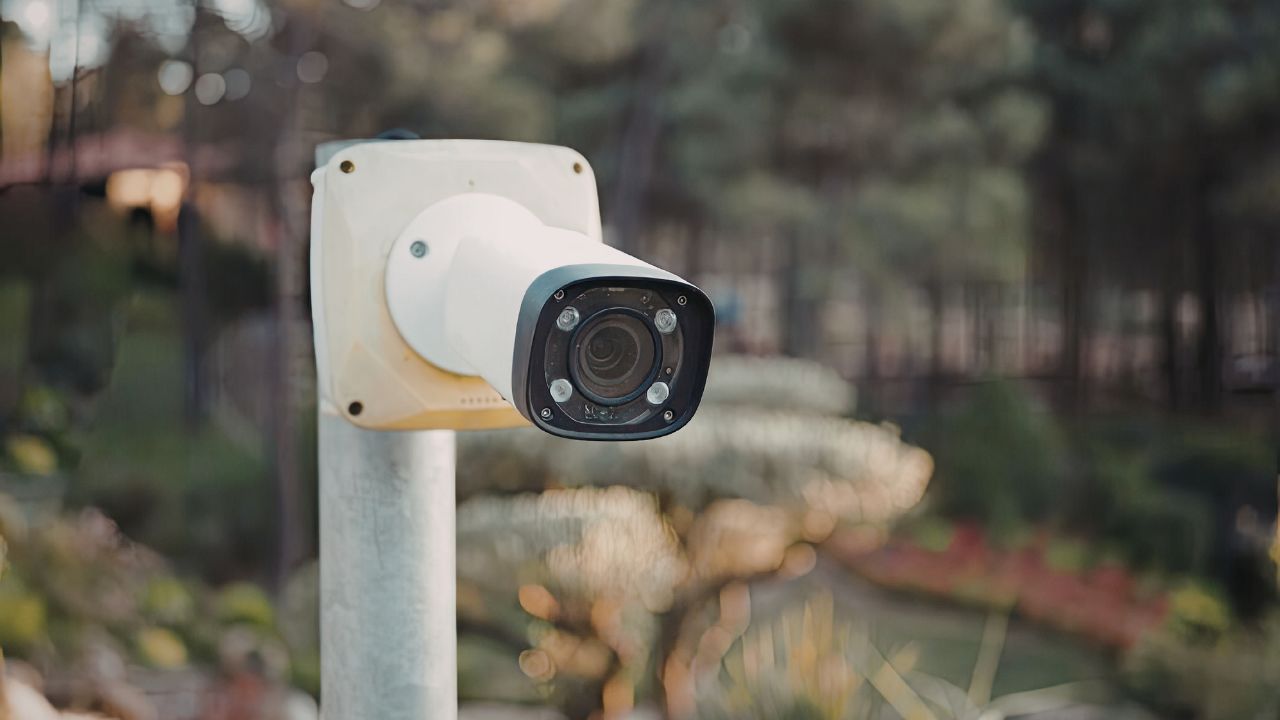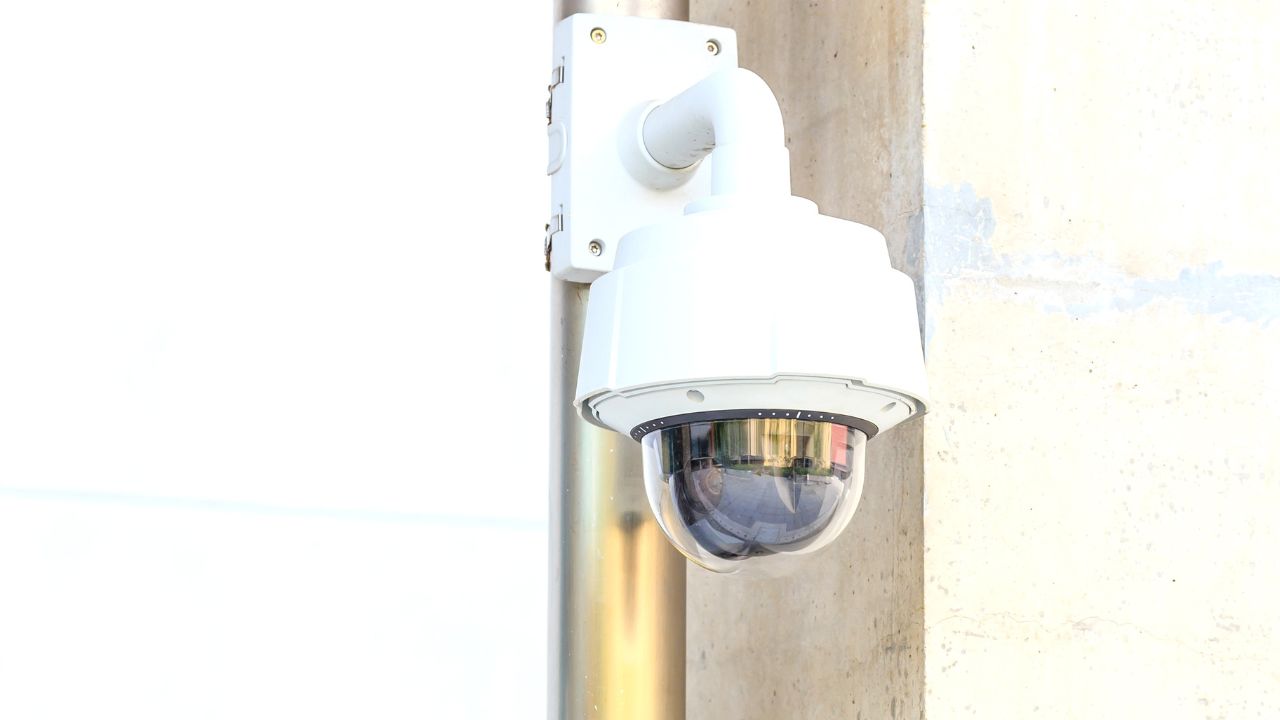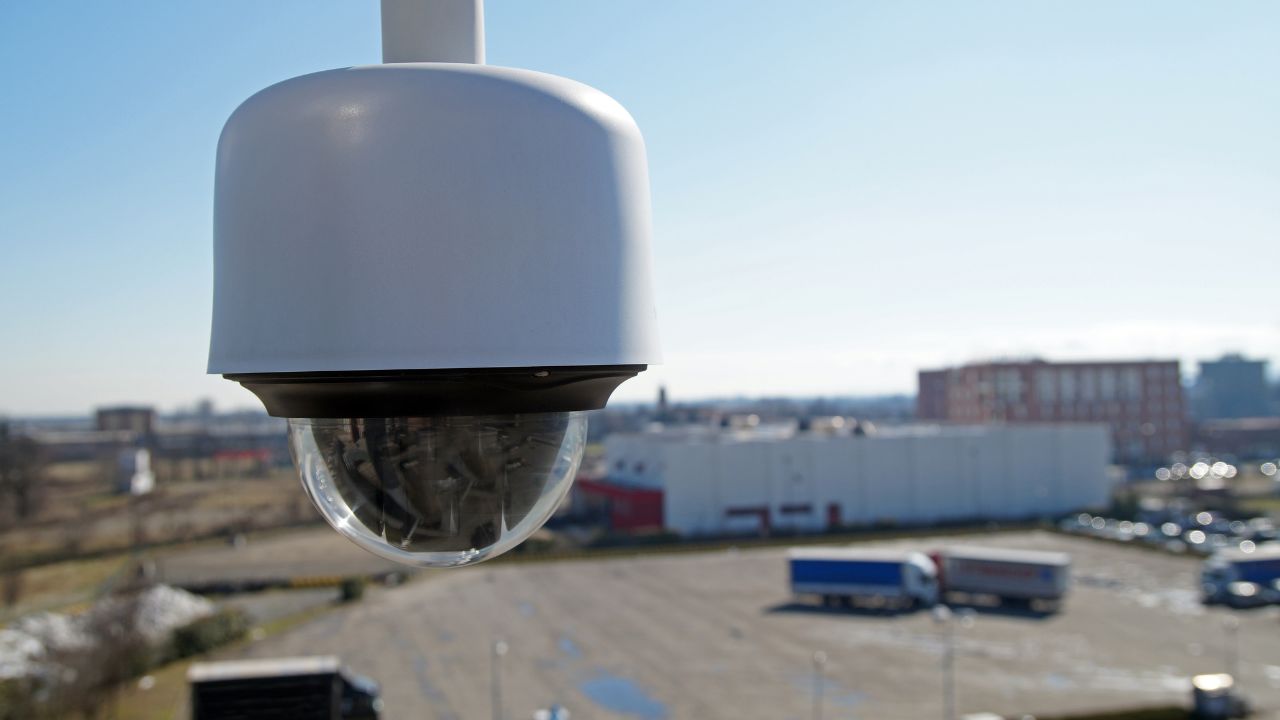Security has become a paramount concern in the modern world, leading to the increasing importance of advanced camera security systems. However, it can be challenging to know where to begin. To start off, understanding the fundamental differences between various security systems is crucial.

Digital Surveillance Systems
Digital surveillance systems offer advanced features and capture images digitally, eliminating the need for conversion. These systems can be accessed through personal computers or even smartphones, providing high-quality video and remote monitoring capabilities. They offer advantages such as easy upgradeability, compatibility with different camera types, and efficient monitoring and recording.
Analog CCTV Systems
Analog CCTV systems transmit images and videos using analog technology. The captured signals are then converted to digital format by a Digital Video Recorder (DVR) and stored on tapes or hard drives. While analog systems are primarily designed for recording rather than live monitoring, they are cost-effective and suitable for specific applications. However, they have limitations such as lower picture quality and the need for manual tape changes.
IP-based CCTV Systems
IP-based CCTV systems, often referred to as the future of security, utilize digital surveillance cameras with enhanced features. These cameras convert audio and images and transmit them over an internet connection, enabling real-time monitoring by multiple users. IP cameras provide high-quality images, easy installation, low maintenance, and better integration into CCTV systems.
Choosing the Right Remote Monitoring Solutions
The choice between digital surveillance and analog security systems depends on various factors. For comprehensive monitoring and advanced capabilities, digital surveillance systems are recommended. Analog systems may be suitable for smaller areas with less activity. Consider installation requirements, purpose, and individual preferences when making a decision.
In conclusion, selecting the appropriate remote monitoring solutions is crucial for ensuring effective surveillance and protection. Understanding the differences between digital, analog, and IP-based systems can help you make an informed choice based on your specific surveillance needs.







